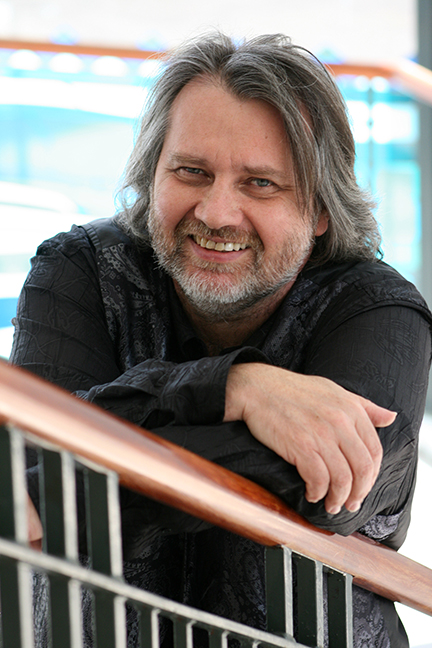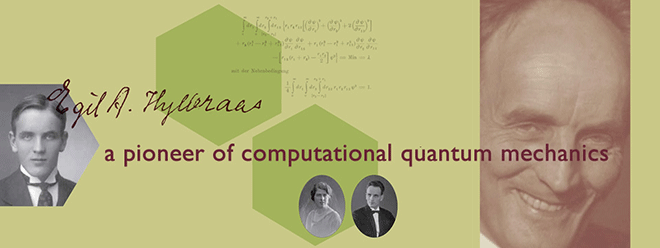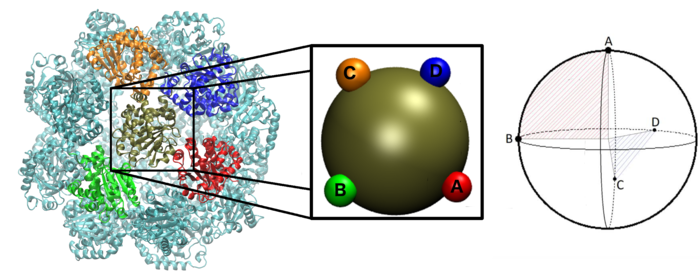2018 - Page 2
Hylleraas Friday seminar, hosted in Oslo
Bin Gao
Software Engineering in Computational Chemistry - Personal Thoughts
In this talk, I will highlight the importance of following software engineering in the development of computational-chemistry research software from my personal experience. The main objective is to raise the importance of developing sustainable software and how we can achieve in practice.
Kathrin Hopmann
Selectivity!
I will discuss how different types of selectivity (chemo- and stereoselectivity) can be used in computational catalysis to evaluate the likelihood that mechanistic proposals are correct.
Hylleraas Friday seminar, hosted jointly in Tromsø and Oslo
Hylleraas Friday seminar, hosted in Oslo
Hylleraas Friday seminar, hosted in Oslo
Hylleraas Friday seminar, hosted in Oslo
Glenn Morello
Cobalt Hydrogenation: New Insights on an Old Project
When projects do not work as we originally hope, it can be frustrating, and often we are left wondering what we missed. Sometimes the inspiration for continuing forward is found in a tangled mess of results published by another group. I will show you how this study of cobalt complexes for the hydrogenation of small molecules came about and how we overcame initial results that were in contrast to experimental findings. We will laugh. We will cry. We might even get angry...but we will succeed!
Stig Rune Jensen
Numerically Converged Hyperfine Coupling Constants The HyperFine Coupling Constant (HFCC) is one of the most challenging molecular properties to compute in terms of basis set convergence. This is due to the explicit dependence on the spin density at the nuclear position, where most basis sets in chemistry are known to be inadequate (even the highly adaptive and systematic multiwavelet basis). In this talk I will discuss different ways of circumventing this by rewriting the problem.
Exploring of α-Tocopherol Transfer Protein Self Assembly using Monte Carlo Simulations
The α-Tocopherol Transfer Protein plays an important role in the retention of Vitamin E. Recently advanced transport of this protein in the human body have been discovered, that are linked to oligomerisation of this protein. In this talk I will share insight into the modelling process present to you the result of our most recent investigation on the self-assembly.



